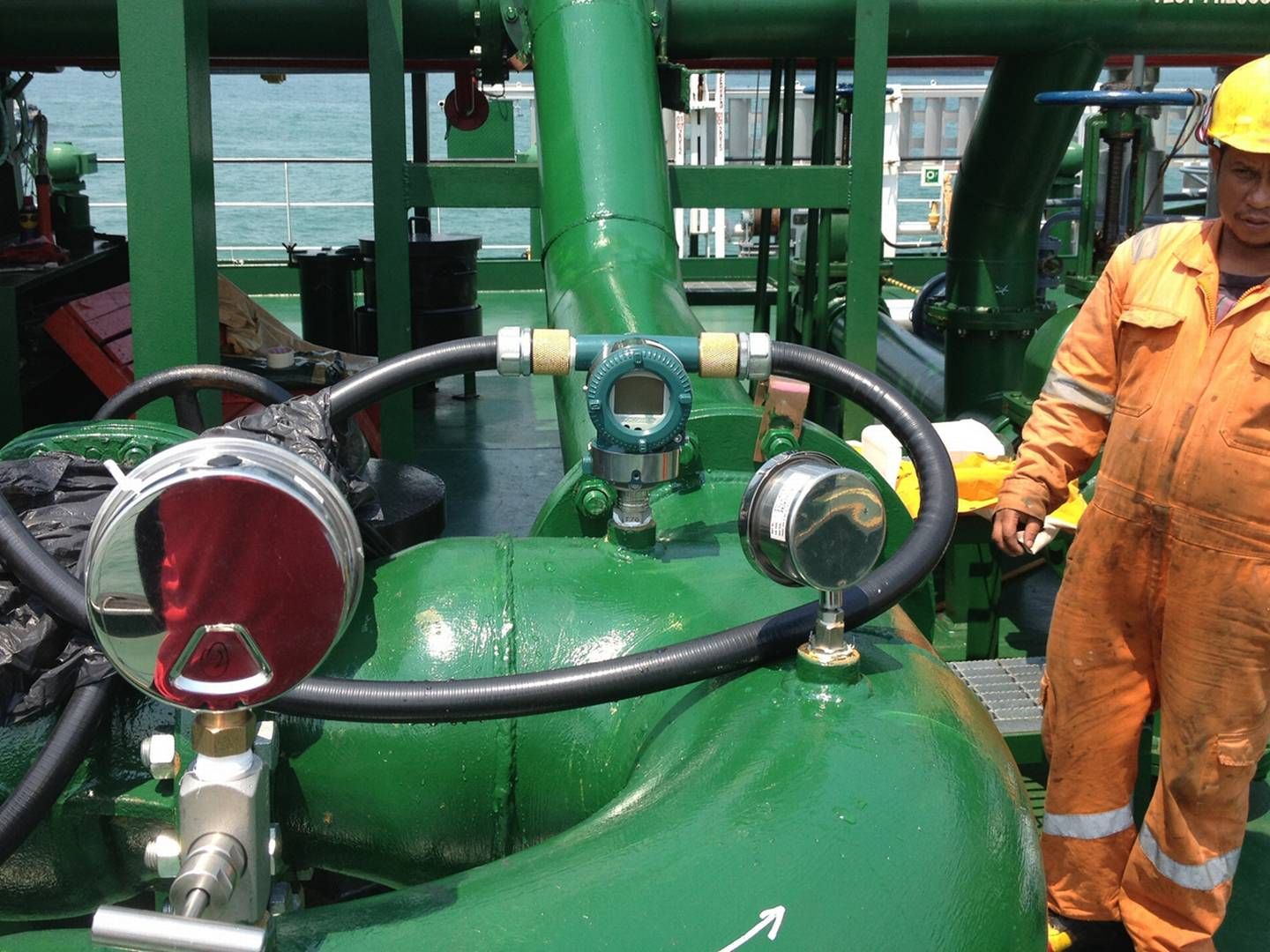Industry wants IMO to act on poor bunker

The International Bunker Industry Association, IBIA, believes that international legislation is necessary in order to create a decent and honest bunker market, as the quality of supplied bunker continues to decline.
In an interview in ShippingWatch's latest magazine, published today at Danish Maritime Days, IBIA Chairman Jens Maul Jørgensen explains that the industry itself has not yet been able to improve the bunker quality and he thus points to the necessity of introducing rules that all industry stakeholders must comply with.
As such, the IMO's Marine Environment Protection Committee, MEPC, will next week discuss an IBIA proposal that calls for clear global rules for the bunker industry.
According to IBIA, a majority of the global suppliers fail to comply with the standards adopted in 2010 (ISO 2010) and are still using outdated standards with more lax requirements - and newer standards were even introduced in 2012.
Lack of respect
"I do believe it shows a lack of respect that people refuse to comply with this. We have an ISO standard in the world, and we need to comply with it. But the biggest problem is that when an ISO standard is introduced for bunker trade, it's not a regulation, it's a voluntary agreement," Jens Maul Jørgensen tells ShippingWatch.
The proposal submitted to the MEPC, which ShippingWatch has access to, calls for the implementation of a license system with specific criteria and requirements that the suppliers must comply with, and which can be revoked from suppliers who fail to do so. The ports must perform frequent controls and unregistered suppliers should quite simply be barred from operating.
Since taking over as Chairman in April this year, Jens Maul Jørgensen has not tried to sugarcoat his criticisms. But in spite of his obvious disappointment with the many cases of poor bunker quality, samples performed indicate that the development is only getting worse.
More poor bunker
Earlier this year, a little over one fourth of the samples showed traces of impurities, which can ultimately harm the engines. And the most recent published samples, from the second quarter this year, show traces of impurities in more than 28 percent of the samples.
"It goes without saying that we need to speed up the initiatives introduced in the bunker industry. We need to introduce new rules that suppliers and buyers must comply with," says Jens Maul Jørgensen.
Read the complete article in the new ShippingWatch magazine here
Rotterdam tightens the noose on bunker fraud
"The bunker industry is behaving disrespectfully"
Singapore adopts mandatory bunker control
Related articles
Rotterdam tightens the noose on bunker fraud
For subscribers
"The bunker industry is behaving disrespectfully"
For subscribers





















